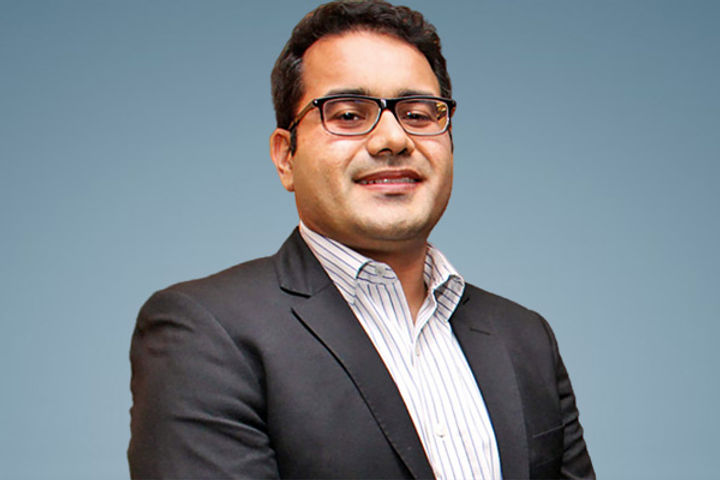By Anand Rajamani, Executive Director, and India lead for Tech for Social Good, J.P. Morgan.
Organizations in the social sector frequently face challenges in using technology to advance their vision and mission, often lacking scalable solutions that will help to amplify their reach and efficiency. COVID-19 headwinds have only accentuated their challenges in the last two years.
The role of technology as catalyst has become increasingly evident and pushes us to think how the power of technology can reframe our approach to solve some of the complex societal problems affecting communities such as access to education, climate change, gender rights, inclusion and more.
As social organizations embrace digital transformation, J.P. Morgan has been at the forefront of advancing their digital journeys. Force for Good – a global immersive and experiential initiative – is one such program that harnesses the power of technology and the prowess of J.P. Morgan’s employees to build tech-based solutions that support such organizations in their efforts to sustain and scale. Over 5,500 technologists, including in India, have dedicated over 250,000 hours of expertise to deliver more than 550 solutions for social organizations across the globe.
It’s a win-win situation for J.P. Morgan and the social organizations that it supports. While sustainable tech-based solutions help create efficiencies and opportunities for these organizations, J.P. Morgan employees too gain the unique experience of solving real-time complex challenges, enhancing their analytical, technical, and socio-emotional skills.
In India, Force for Good developed an end-to-end engagement model for India’s largest heritage walk platform Sahapedia, bringing more people together in their local heritage and culture to foster inclusion and connections.
The heritage walk platform is India’s largest, serving 150+ experience hosts, 200+ organizations/ partners & over 50,000 users across 65 cities. While the organization has grown rapidly in the past three years, platform constraints impeded further scaling up and serving the needs of its stakeholders. The pandemic posed a new challenge as the heritage walk experience then had to be delivered online, bringing in a new urgency for Sahapedia to meet its digital transformation goals.
Through the Force for Good program, a team of J.P. Morgan technologists built a scalable platform with enhanced functionalities that enabled onboarding for walk leaders, the management of participant registrations, an easy payment process, rich UI experience and separate functionality for technical & functional admins – resulting in a seamless end-to-end experience for its users. Analytics driven content also allowed Sahapedia to provide quality targeted content to cultural enthusiasts. With these enhanced functionalities, Sahapedia has significantly increased the frequency of its digital experiences and average participation levels.
In the same way, the Force for Good team also developed a solution to digitize history that enabled India’s first historic house to bring together owners, investors, scholars, volunteers, and heritage professionals on a common platform to preserve and promote the country’s cultural heritage.
The Centre for Historic Houses (CHH), part of the School for Art & Architecture at OP Jindal Global University in India, aims to foster respect for local traditions and promote stewardship towards historic buildings.
Given its objective, the remote location of these buildings, the need to devise business models for historic houses that are not visitor based, and the pandemic adding to its woes, CHH decided to create a sustainable and an easily manageable platform to better connect owners of these buildings with all its patrons. The portal would serve as a free digital resource to allow owners or heritage activists to list buildings with an “at risk” label in addition to restoration/conservation work, which would draw a greater degree of attention towards India’s historic sites and buildings across the country and globally. This would also help generate revenue for historic houses that were hit by the pandemic and support owners who do not have funds to undertake major restoration work.
To help CHH achieve its digital goals, the Force for Good team enhanced their website with searchable, user-friendly digital catalogues that showcased authentic heritage content and enabled its monthly newsletter distribution with latest updates and social media integration.
Sahapedia and CHH are just two instances where Force of Good is actively engaged with social organizations in India to support their digital journeys. Their success only demonstrates the potential of simple and sustainable tech-based solutions to drive digital maturity and social impact.
Trusted by Industry Leaders
Disclaimer: Content Produced by ET Edge



























